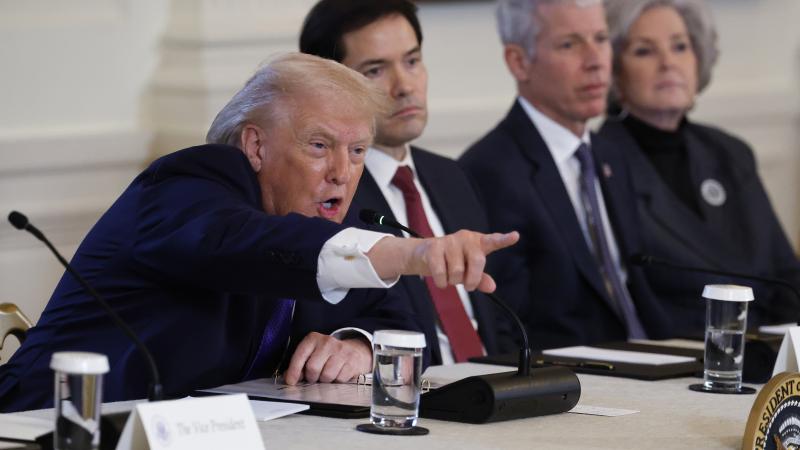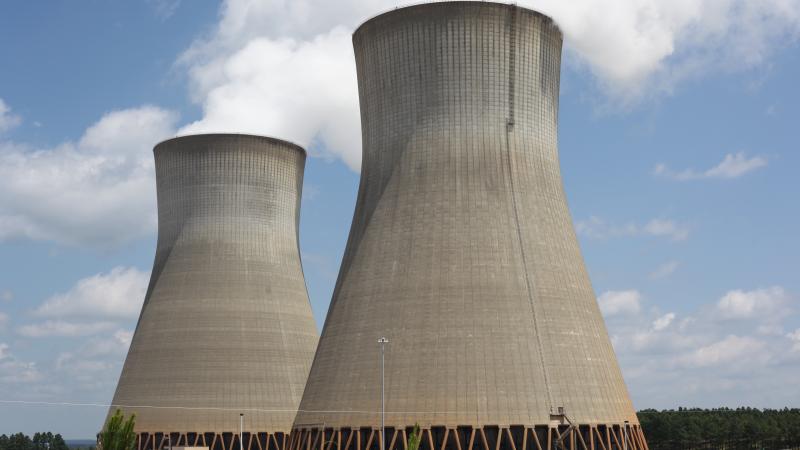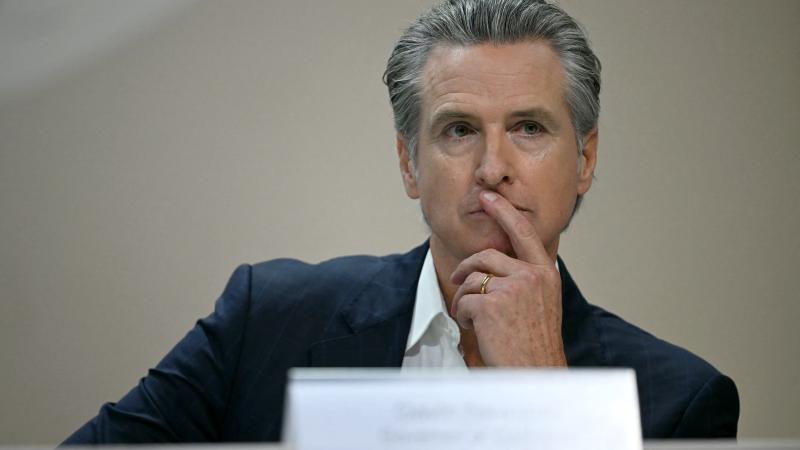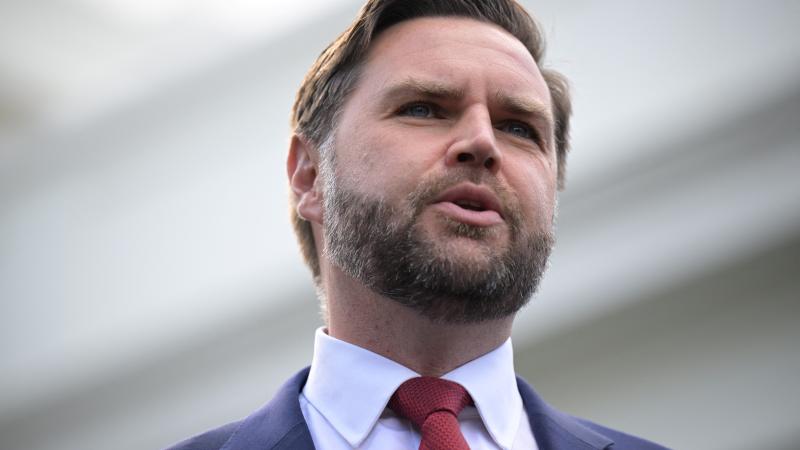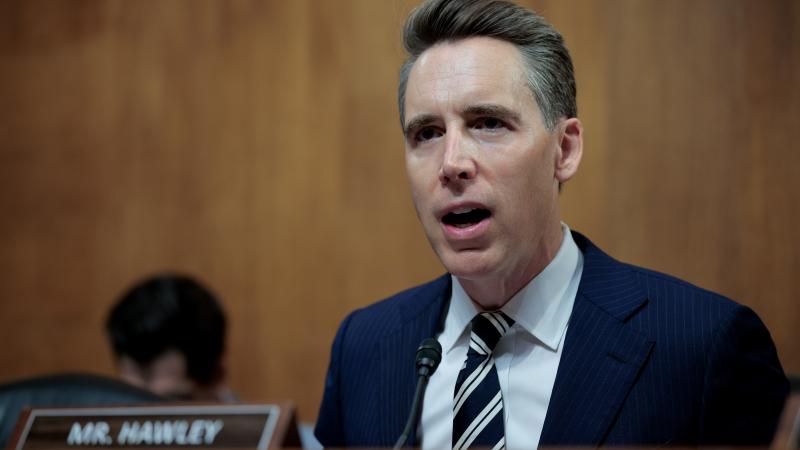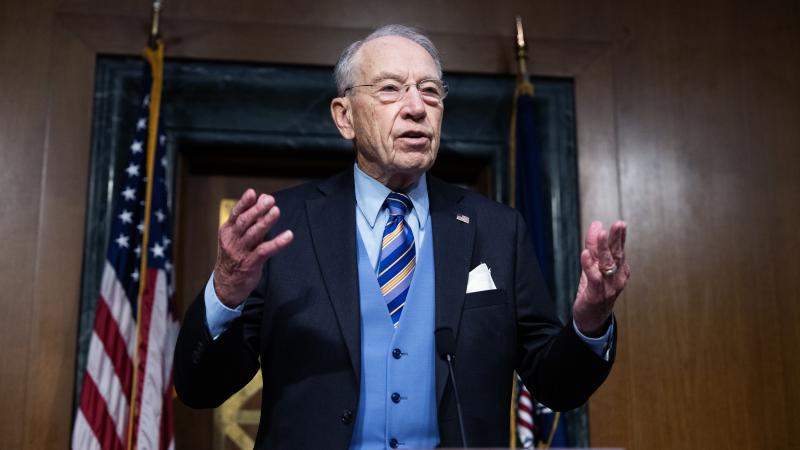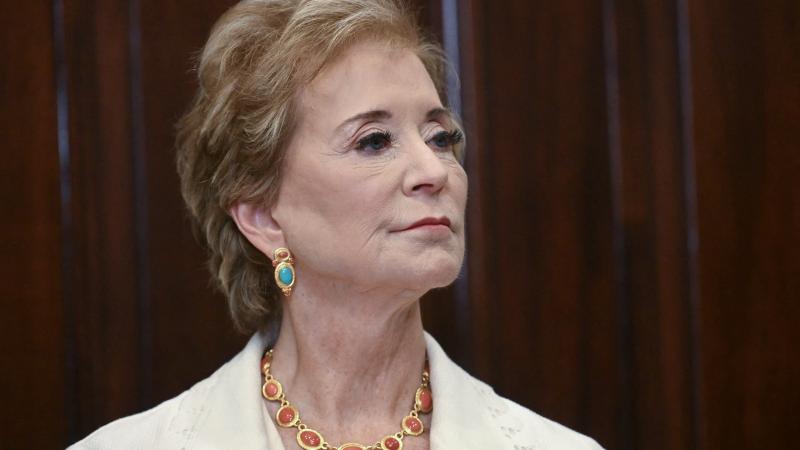EPA proposes an end to rule that critics say 'empowered years of climate alarmism'
Environmental Protection Agency Administrator Lee Zeldin said the rule had been used to justify over $1 trillion in regulations, including the Biden-Harris administration’s EV mandates.
Environmental Protection Agency Administrator Lee Zeldin on Tuesday announced the long-anticipated proposal to repeal the Obama-era “endangerment finding.” The rule determined that greenhouse gas emissions posed a risk to public health, which gave the EPA the authority to regulate those emissions as a pollutant.
In a statement, Zeldin said the rule had been used to justify over $1 trillion in regulations, including the Biden-Harris administration’s EV mandates. Its repeal, according to the EPA, would save Americans $54 billion in annual costs. If the proposed repeal is approved, all regulations regarding emission standards for vehicles would be eliminated. Zeldin said the move would grant car buyers greater choice and affordability.
“With this proposal, the Trump EPA is proposing to end sixteen years of uncertainty for automakers and American consumers,” Zeldin said in the statement.
Public health or welfare
The Clean Air Act directs the EPA to regulate pollutants from new motor vehicles if they are found to cause or contribute to air pollution that may reasonably be determined to endanger public health. It was under this section of the act that the endangerment finding was drafted.
The section of the act states that “the Administrator shall by regulation prescribe (and from time to time revise) in accordance with the provisions of this section, standards applicable to the emission of any air pollutant from any class or classes of new motor vehicles or new motor vehicle engines, which in his judgment cause, or contribute to, air pollution which may reasonably be anticipated to endanger public health or welfare.”
Dr. Roger Pielke Jr., senior fellow at the American Enterprise Institute, explained in his “The Honest Broker” Substack that once the EPA determined that greenhouse gas emissions endanger public health, it took on precedential status. That means, in order to reverse that judgment, Zeldin would need to determine they do not endanger public health.
While there are legitimate arguments that those emissions are harmless, Pielke wrote, they don’t dismiss contrary views. The courts wouldn’t arbitrate the two perspectives and would likely conclude that a large body of research supports the contention that they are harmful, which is a sufficient basis for an endangerment finding.
Legal arguments
This is likely why Zeldin is challenging the finding on a legal and procedural basis, rather than a scientific one. Rather than argue that the finding was wrong, the Notice of Proposed Rulemaking repealing the finding argues that that section of the Clean Air Act does not authorize the EPA to regulate emissions standards to address climate change.
In the 2007 case, Massachusetts v. EPA, the Supreme Court considered the question of whether the EPA was required to consider greenhouse gas emissions as a pollutant under the Clean Air Act. In its ruling, the high court deferred to the EPA’s interpretation of the act under the “Chevron deference,” which deferred to agencies’ interpretation of ambiguity in written statutes. The Supreme Court shot down the rule last summer, which opens the door for courts to reconsider the EPA’s former interpretation of the Clean Air Act.
“We propose that the Endangerment Finding relied on various forms of ‘Chevron deference’ to depart from the best reading of the statute and exceeded the EPA’s authority in several fundamental respects, any one of which would independently require rescission to conform to the best reading of the law,” the EPA’s proposed repeal states.
In the name of climate change
If the rule is finalized, it will almost certainly face legal challenges. Whether the courts uphold the rule remains to be seen. Critics of the rule, however, praised the EPA for the effort.
"The 2009 Endangerment Finding empowered years of climate alarmism starting during the Obama administration and accelerating under the Biden administration. It resulted in hundreds of billions of wasteful spending in the name of climate change, lining the pockets of environmentalist special interest groups and the green climate industry,” Roderick Law, communications director for the Functional Government Initiative, said in a statement.
Tom Pyle, president of the American Energy Alliance, said the EPA has used the finding to deny Americans access to reliable, affordable energy, as well as transportation choice.
“It has reshaped investment and infrastructure to our country’s detriment and has been used as a vehicle to push a political agenda,” Pyle said.
The proposal had critics as well. Calstart, which advocates for a transition to emissions-free vehicles, called the proposal a “devastating blow to American jobs.”
“This proposal undermines the regulatory certainty that businesses need to plan and invest with confidence, destabilizes the market, and will kill tens of thousands of jobs in the electric vehicle sector—jobs that were created through forward-thinking policies and industry innovation,” John Boesel, Calstart CEO, said in a statement.
The proposed rule is open for comments until Sept. 21. In a press conference in April, Zeldin encouraged supporters and those concerned with the repeal to lend their expertise to the discussion.
“When we go through a public comment period, we encourage people who are concerned about these issues and have opinions one way or the other, and have technical experience. They want to provide their insight. I would encourage them to participate,” he said.
